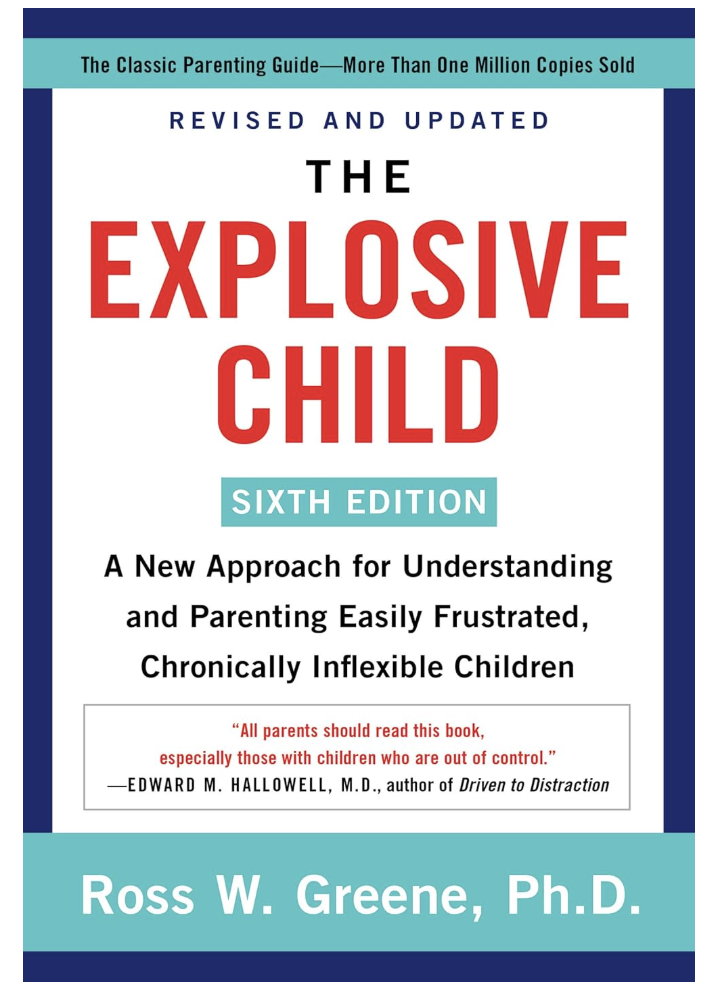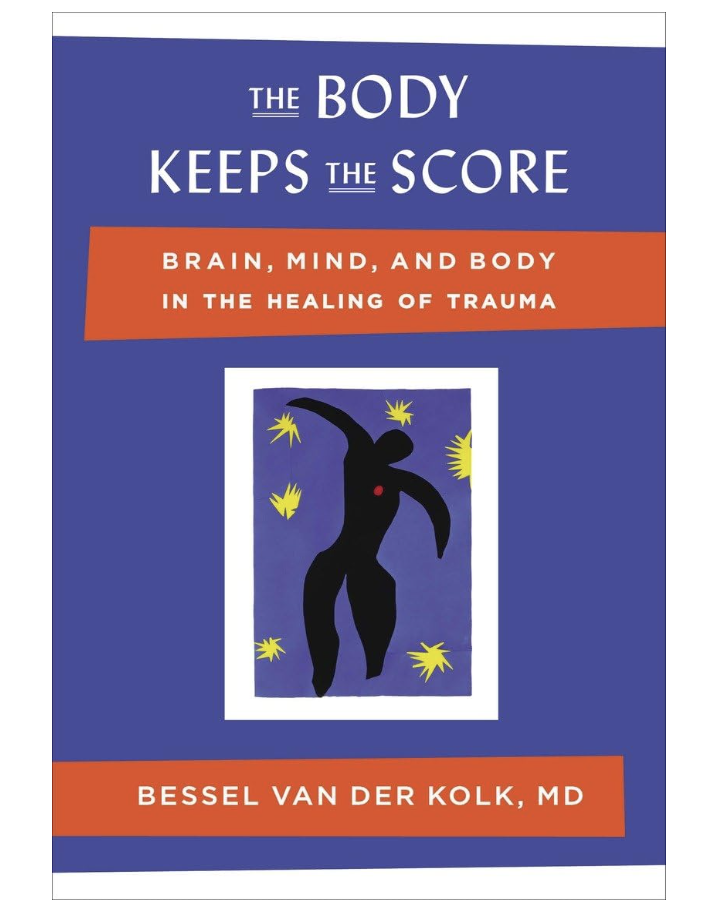10 Books for Raising Opioid-Exposed Kids
Raising opioid-exposed kids can be challenging, especially as they get older. We hear over and over from caregivers that as kids age into the preschool years, the long term effects of prenatal opioid-exposure start to emerge. From trauma responses and ADHD to sensory differences and feeding challenges, there are many possible effects on older children. While there aren’t any books specifically about raising opioid-exposed kids (yet!), here are our top 10 favorite books for tools and strategies to support your family.
Note: This article contains affiliate links. As an Amazon Associate we earn from qualifying purchases. Any money earned goes to support the mission of Generation O.
#1&2 The Connected Child and The Connected Parent
When we asked our online support group for their go-to books, these two were the most recommended: The Connected Child and the companion book The Connected Parent. The focus of these books is adoptive families, but the advice within is valuable for anyone parenting a child “from hard places,” which includes children with trauma due to in utero opioid-exposure. The books focus on building secure attachment while caregiving from a trauma-informed lens. Both books help you understand why your child is struggling, simplify your approach using scripts, and nurture your child while combating chronic fear.
Understanding how your child’s brain works can transform your parenting. The Whole Brain Child does just that, explaining the latest science around how a child’s brain is wired and how it matures over time. In doing so, they provide twelve key strategies that foster healthy brain development. Applying these strategies is beneficial to opioid-exposed children, who are fighting an uphill battle with brain development altered by their in utero experience.
Feeding issues are one of the long-term symptoms of opioid-exposure. Love Me, Feed Me is another book directed at foster and adoptive parents, but it’s trauma-informed and science-backed approach to nutrition and feeding applies to any opioid-exposed child. This one is a must read if you are struggling with daily food battles, whether they are due to under eating or over eating.
#5 Raising Kids with Big, Baffling Behaviors
Robyn Gobbel was well known for her trauma-informed podcast before publishing her book, Raising Kids with Big, Baffling Behaviors. She has branched out from her trauma roots and now offers advice to anyone raising kids whose behaviors are big and hard to understand. Her mantra? All behavior makes sense, you just need to see past the behavior and understand the child’s experience. Like the Whole Brain Child, Raising Kids breaks down the latest brain science into easy-to-understand principles to help you become an expert in your child's behavior.
The Mystery of Risk is the first and only book on our list that directly addresses fetal substance exposure. According to the author, the learning and behavior problems seen in children with in utero exposures are both treatable and preventable. This book presents a resounding call for integrated systems of care for high-risk children and their families.
Sensory processing challenges are another long term effect of opioid-exposure. Whether your child avoids sensory experiences or seeks them out, has high energy or low, The Out-of-Sync Child can help you better understand their sensory profile and how to meet their unique needs.
For a lot of caregivers of opioid-exposed kids, the title of this book alone will speak to you. This book presents a framework for understanding explosive children and presents the Collaborative Problem Solving Model. This approach is most effective with older children, although it can be adapted for young children. Regardless of age, “can’t, not won’t” is the central message of The Explosive Child, and that reframe can help any caregiver dealing with challenging behavior.
The Body Keeps the Score is a foundational book in the world of trauma. Although it is not specifically about children, this book is a powerful read that will help you understand how trauma - including prenatal trauma - is stored in the body and brain. Importantly, it also shows us how relationships have the power to help heal.
#10 Trying Differently Rather Than Harder: Fetal Alcohol Spectrum Disorders
Although this book was written for Fetal Alcohol Spectrum Disorders (FASD), many parents of opioid-exposed kids have found it helpful. The book discusses a neurobehavioral approach for working effectively with children, adolescents and adults with FASD. Like other books on this list, the focus is on understanding behaviors differently. The approach in Trying Differently Rather Than Harder is illustrated through stories that demonstrate how changing your response can lead to less frustration.
Have a favorite we missed? Let us know in the comments!










